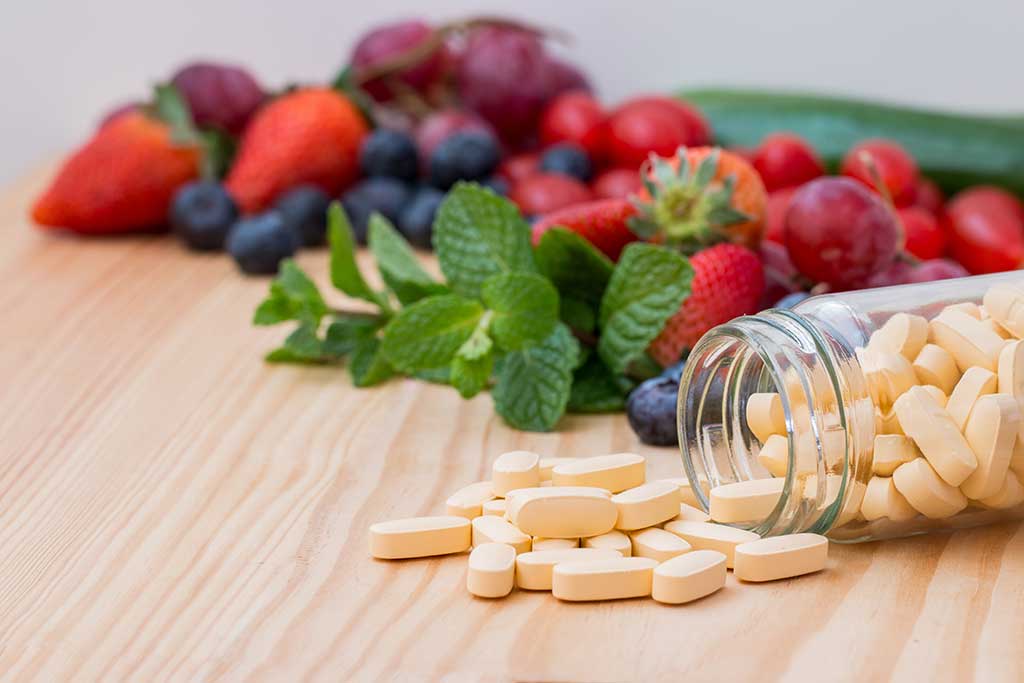While maintaining a nutritious and balanced lifestyle is the essence of aging gracefully, many factors can make it harder to get the minerals and vitamins that our loved ones need. With life changes such as lassitude in cooking, the body’s reduced metabolizing ability, or even dental changes, nutrition absorption can be a challenge for the elderly.
Complementing the elderly diet with vitamins and supplements is a good way to fill up the gap. Here’s a breakdown of the vitamins for the elderly when they need a boost.
Vitamin A for Vision
Vitamin A plays an important role in our elderly’s well-being. Its benefits include helping our vision in dim lights and reducing the risks of cataracts. Vitamin A is also known to strengthen the immune system. Sweet potatoes, carrots, and green leafy vegetables are some natural vitamin A sources.
Vitamin B for Cognitive Health
The class of vitamin B helps support metabolism, red blood cells, and the nervous system. Our metabolism and cognitive function decline as we age. Vitamin B6 may be particularly beneficial for the elderly as it helps in the breaking down of carbohydrates, fats, and protein in the body. Vitamin B12 promotes healthy blood cells and nerves and helps the elderly combat fatigue. This coenzyme is also known to promote the creation of neurotransmitters, which are essential chemical messengers in the human brain. Fish, poultry, dark green leafy vegetables are some sources of vitamin B6, while we can find vitamin B12 in beef liver and clams.
Vitamin C for Immune System
Vitamin C is an antioxidant that boosts our immune system and protects cells from free radical damage and other environmental pollutions. It is also needed to produce collagen, a protein that promotes healing. Citrus fruits and uncooked fresh produce such as oranges, kiwi, and peppers contain the highest sources of vitamin C.
Vitamin D for Calcium
Vitamin D helps calcium absorption which is important for maintaining strong bones. Especially for the elderly, vitamin D protects our loved ones from brittle bones and osteoporosis. In addition, vitamin D is essential for the proper functioning of nerves, muscles, and the immune system. This fat-soluble vitamin is one of the few vitamins that are not sourced from food naturally. In our daily diets, fortified alimentation such as milk and yogurt contains the most Vitamin D. Our elderly can also get some Vitamin D when they are under the sun.
Vitamin K for Cardiovascular Health
The often-forgotten supplement, Vitamin K has captured the interests of many experts in recent years. Vitamin K-dependent proteins have been found in bone and blood vessels. This means these proteins require sufficient vitamin K levels to function properly. Vitamin K helps in preventing excess calcium deposits in blood vessels which are associated with artery stiffening, a common health condition in the elderly. Our lower intestinal tract produces Vitamin K naturally. We can also find Vitamin K in Brussels sprouts, fish, and eggs.
Before incorporating any dietary supplement, be sure to consult a qualified healthcare provider on which vitamins are beneficial or to avoid according to your loved one’s health condition.







